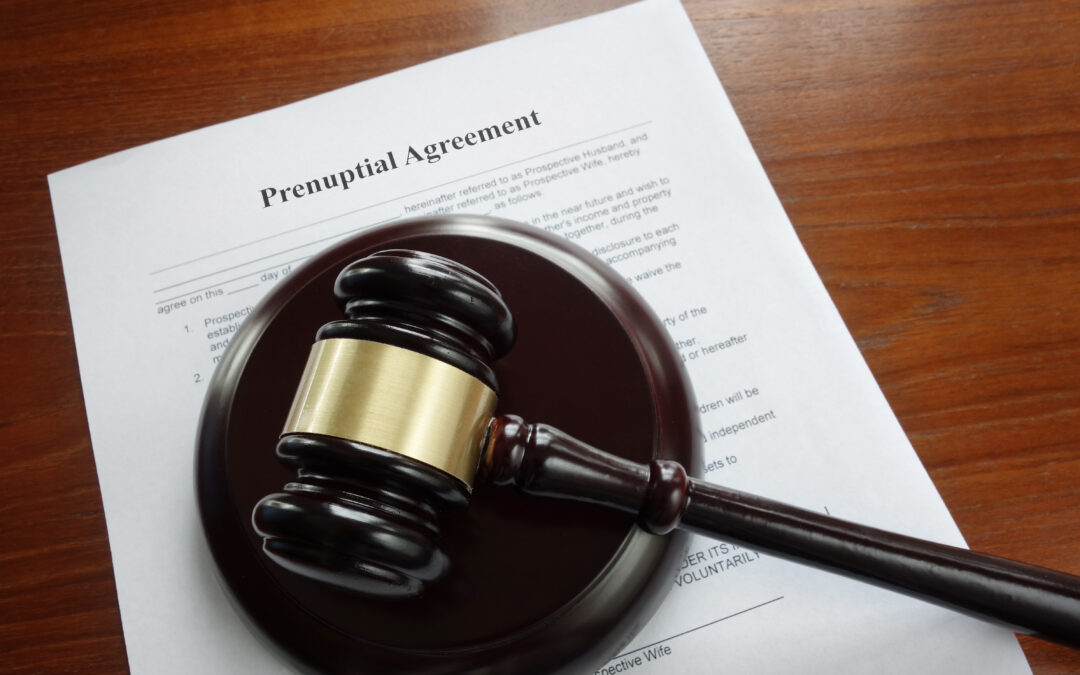Prenuptial agreements are often misunderstood. Many people think only wealthy people need them. The reality is that anyone going into marriage with significant assets or debt could benefit from a prenuptial agreement.
Having a prenup does not mean you think your marriage will fail. Among the many advantages of a prenup is that it forces couples to discuss difficult topics such as their finances and marital expectations before they get married so they avoid these kinds of disputes which inevitably come up later and could operate to destroy their marriage. Thus, if you are considering a prenup, when is the best time to give your fiancé a prenuptial agreement to help ensure you both have time to discuss it fully?
What Are the Requirements for a Valid Prenuptial Agreement?
In the end, prenups are contracts so the parties have significant flexibility in crafting provisions that meet their needs. Absent fraud, duress, or terms that are so unfair as to be unconscionable, a prenup generally is enforceable. If one party challenges the prenup at a later time, a key point in determining its validity will be when the party received the agreement, not necessarily when the party signed it. Ultimately, the judge will consider whether both sides had ample time to review, negotiate, contemplate and understand the terms of the agreement and speak to an attorney before the document was signed.
If a party did not have much time to consider the agreement, the court may view that as potentially showing duress, especially if there is a substantial imbalance in power between the parties or the terms are very one-sided. The court will also take into account whether the party had an independent attorney of relatively equal prominence to review the agreement and provide advice. If there is evidence that, for example, one side had an attorney who knew little about matrimonial law or may have otherwise been pressured to sign, the agreement could be invalidated. To be sure, the less time a party had to review the prenup, the closer the court will look at the terms and consider whether that party was taken advantage of in the agreement.
How Far in Advance of the Wedding Date Should You Give Your Fiancé a Prenuptial Agreement?
Ideally, you should contact an attorney at least three to six months in advance of the wedding to discuss the prenuptial agreement. Both parties must first fully disclose their financial information. Then the process of negotiating and drafting the agreement may take months.
Importantly, neither of you should feel pressured to sign. Rushing a prenup can lead to costly decisions and possibly invalidate your agreement. Instead, consult an experienced attorney well in advance of your wedding to guide you through the process and help ensure you have a fair and enforceable prenup.
If you are considering a prenuptial agreement, contact us for a consultation.

